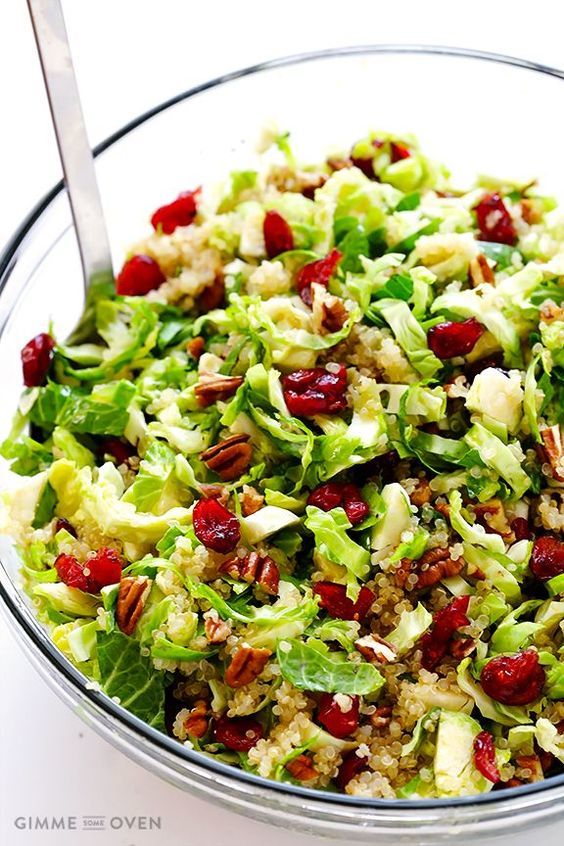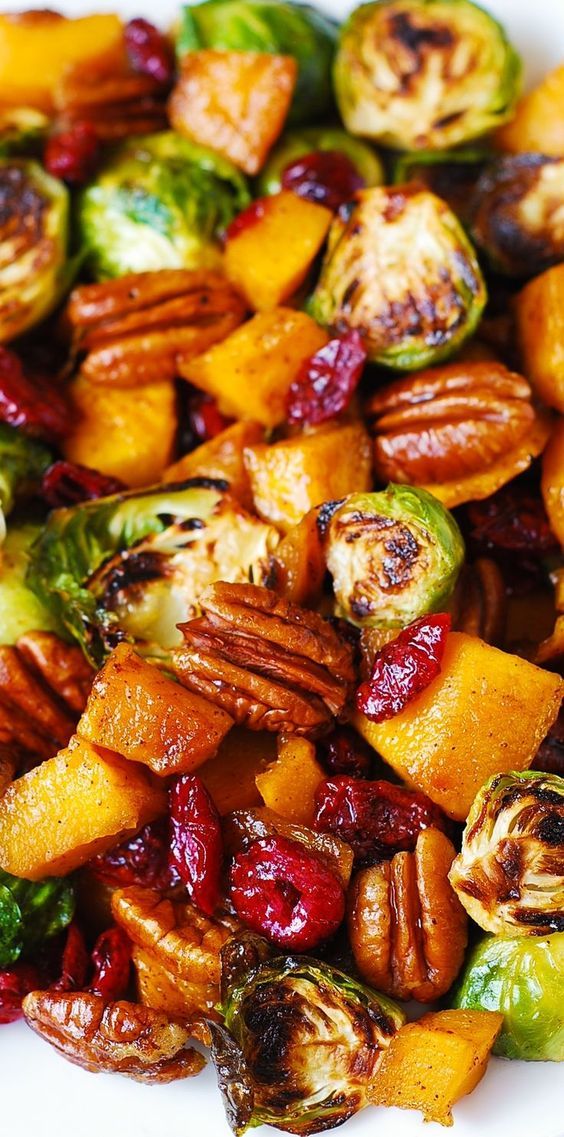Somehow people believe that meat is a nutrient-rich super package. I might say something that shocks you now: It isn’t. But let me explain: I feel energized, mentally sharp and full of drive living on a plant-based diet. I routinely work 60+ hour work weeks in a leadership position and manage to train nearly every day. In this article I want to share my secrets with you. Six years ago I could’ve never predicted that I would ever write an article about veganism. I lived an unhealthy life. I smoked, I was totally physically inactive and I literally couldn’t have cared less about nutrition. I was a different being. Only in the recent past a full mind shift happened. After reading a book called Eating Animals from Jonathan Safran Foer. It opened my eyes and it helped me start my journey to a healthier, better life.
What a Vegan Diet Really Is
For a vegan diet to work, you need to develop a different perspective. The plant-based nutrition diet is full of vegetables, fruits, nuts, seeds, legumes, whole grains, beans, plant-derived milks while containing no animal products along the way. I could’ve started with focusing on what the vegan diet doesn’t contain, but I’d rather focus on what it does contain. It’s about perspective. All these food options leaves you with a great pool of abundance on meal selection. Which leaves me to the key point: The one thing that you truly need for a vegan diet, is a mindset shift. Nutrition can be a stepping stone to get the most out of your life and fulfill your true potential, or it can be an annoying road block.
The Perks of Being a Vegan
A Strong Heart and Powerful Body
If you’re reading this, chances are high that your heart disease is already in the making. Heart disease is the current leading cause of death in the United States. The cardiovascular disease is formed by a plaque-build up in your arteries mainly from cholesterol and can be traced back well into your teen-years. A heart attack leads to a temporary oxygen and nutrient loss of the affected tissue, which leads to cell death. The same mechanism can happen in your brain, just with different terminology. It’s called a stroke. A vegan diet can increase the blood flow to key-areas of your body (e.g. brain, heart, muscles, digestive system, reproductive system). This can lead to more energy and a better well-being.
Become a Productive and Eco-Friendly Being
Eating animals is not energy efficient. Think about it. You’re using food (plants – mostly soy beans) to create food (animals. E.g. chicken, pork). Although the life expectancy of farm animals are drastically reduced due to modern farming practices, eating animals still uses a great amount of resources. For example a piece of beef in a hamburger needed over 3,000 litres of water. As a vegan you only produce half of the CO2 compared to meat eaters. You also only use one eleventh of fossil fuels, one thirteenth of water and one eighteenth of land compared to meat eaters. (I recommend watching the documentary ‘Cowspiracy ‘.) You are being a productive well-being who consumes little from the world yet lives a powerful life.
Contribution to the Globe
I try not to get too philosophical with this one. Humans have climbed the food chain in the last millions of years of your existence. The reason is not yet known. Maybe it was our larger brains with the dominant prefrontal cortex? The discovery of the advantageous effect of fire and cooking which made the consumption of food more effective? I cannot tell you. The fact is: humans are in a position of power over countless of other species. Species, which are capable, according to numerous studies, to experience pain and suffering (the reason farmers install electric fences on their pasture areas). It’s better to use our power, gained through pure luck in the evolution, to benefit the lives of the sentient beings around us.
Photo credit: Source
What to Know Before Following a Vegan Diet
1. Ask yourself why you want to become a vegan.
Ask yourself this question and ask it critically. The why of your actions is very important. Do you want to go along this plant-based journey because of one of the reasons I wrote down in this article? Or is it because you simply want to feel special and impress your friends? If it is the latter I might tell you something that may shock you: Don’t become a vegan. Becoming a vegan should not be something that you do to enhance your ego, because it isn’t sustainable.
2. Avoid the vegan killers.
Yes, in general vegans live healthier than non-vegans. Protein is not an issue, if your diet has enough calories you will have enough protein in your diet. But nonetheless you have to avoid certain ‘killers’ in your diet. These are:
Oil – has been shown to minimize one’s lifespan. Contains a lot of calories and fat. Sugar – can create an addiction. Contains a lot of calories. Salt – can lead to placque build up in your arteries. Similar to animal products. Processed Foods – can contain a lot of trans and saturated fats. Can also lead to placque build up in your arteries.
3. Eat as natural and wholesome as you can.
I remember laughing at a friend who was buying organic fruits and vegetables for breakfast. ‘Why do you consume such expensive products?’, I asked him – while joyously eating my $2 donut. This was 5 years ago. Nowadays I see food as something that fuels my body, something that I do to treat myself. The change was worth it. Don’t be penny wise and pound foolish. Invest in your well-being. Shop in the produce aisle more than you do in the snack section. Eat foods containing the ‘organic’-label, they’re lower on pesticides. Your body is worth it, trust me. Supplements – Supplements should be a tool to enhance your well-being. I’m not advising you to fill cupboards in your kitchen with pills only. I’m advising you to pick the ones that are capable of enhancing your performance. The ones I’m talking about are: If you’re looking for some tasty vegan recipes, read my other article: The Fitness Coach’s Choice: 10+ Tasty and Easy-to-Make Vegan Recipes
Photo credit: Source
The Easiest Way to Kickstart Vegan Diet
We’ve all tried it: fully change my whole life in a single day. When I was younger I tried to start exercising, start eating healthy, start sleeping right – everything in a matter of hours. It worked great for the first week until I fell prey to my old, unhealthy habits again. You might have experienced this before too. You might have just read this post and you may be motivated to make a drastic change in your life. That’s cool, but nonetheless I recommend you to start small. Every coach knows that the key to long-term habit change is consistency and sustainability. If you’re currently eating meat two times per week, start with reducing meat to one time per week. Small changes will lead to big changes in the long run. Another key to habit change is starting immediately. Don’t wait for tomorrow. Are you heading out to dinner tonight? Maybe try something new and choose the vegetarian option. There’s nothing to lose and everything to gain. Always remember that your decisions have the impact of helping the animals, the planet and yourself. Read more about how I changed from a meat eater to a vegetarian: How to Go Vegan: From Meat Eating to Vegetarian Featured photo credit: Quality Gains via qualitygains.com

